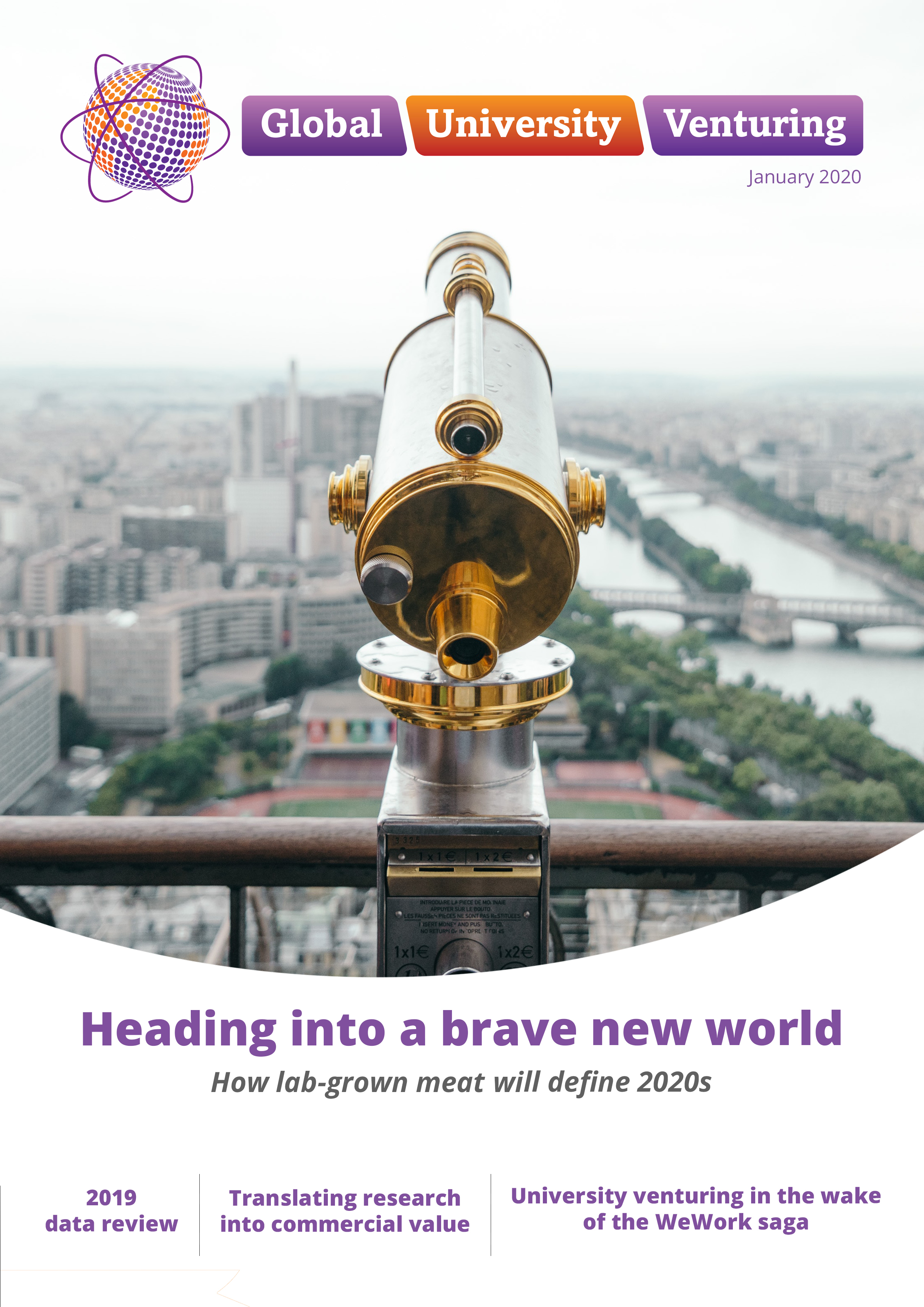Is the glass half full or half empty for UK research commercialisation, asks Mike Rees in a lecture for National Centre for Universities and Business.
“Ubiquitous, mobile supercomputing. Intelligent robots. Self-driving cars. Neuro-technological brain enhancements. Genetic editing. The evidence of dramatic change is all around us and it’s already happening at exponential speed,” wrote Klaus Schwab in The Fourth Industrial Revolution.
“The world is undergoing a technical revolution, which is of a scale, speed and complexity, unprecedented, with the fusion of technologies that is blurring the physical, digital and biological world. We need to be clear where our distinctive advantages lie, building on our existing strengths from cybersecurity, machine learning, microelectronics design, biotechnologies such as genetics and cell therapies. We must do this as a partnership between businesses, scientists, investors, educators and policy makers,” argued the 2017
UK Government Industrial Strategy white paper.
Against this very dynamic but challenging backdrop, how is the UK doing and specifically how is the partnership between businesses, academics, investors and policy makers working?
My focus today and the recommendations in…









